Inflation. With this word, it will soon be possible to scare children. Adults have long been afraid of them: inflation will come and “eat” all your accumulations. And these are not empty formidable promises; our population has already experienced a heavy dependence on this satellite of the crisis. Or a satellite of the modern economy? While some say that it is useless to fight inflation, others are trying to at least contain it.
What is inflation?
Inflation is a situation where, due to price increases, people for a certain amount of money can purchase fewer goods than was previously possible. As already mentioned, inflation is a constant companion of the crisis.
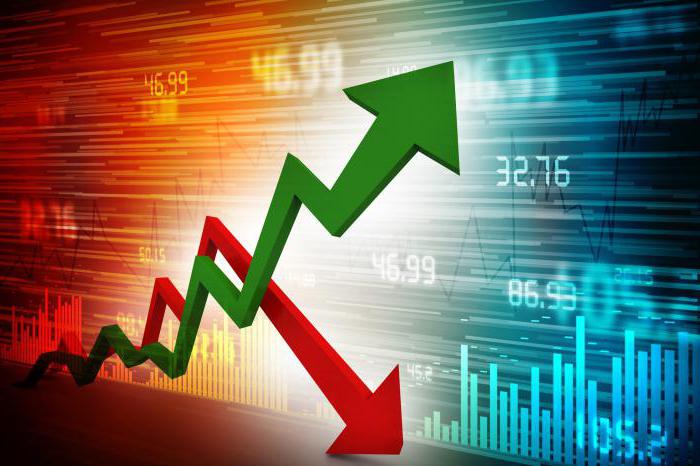
Why is inflation necessary?
Inflation leads to poverty of the population and as a whole leads the economy to decline:
- money is depreciating;
- real incomes of the population are significantly reduced;
- it becomes unprofitable to accumulate savings;
- rising commodity prices and tariffs.
Hence, people have a desire to “sell” money, that is, to transfer them into goods, real estate and other currencies. Along with real expectations, inflationary expectations are also rising.
What leads to inflation?
The cause of inflation may be:
- An unsecured mission of money that is used to patch holes in the country's budget.
- Excessive growth in lending to housekeepers at low interest rates.
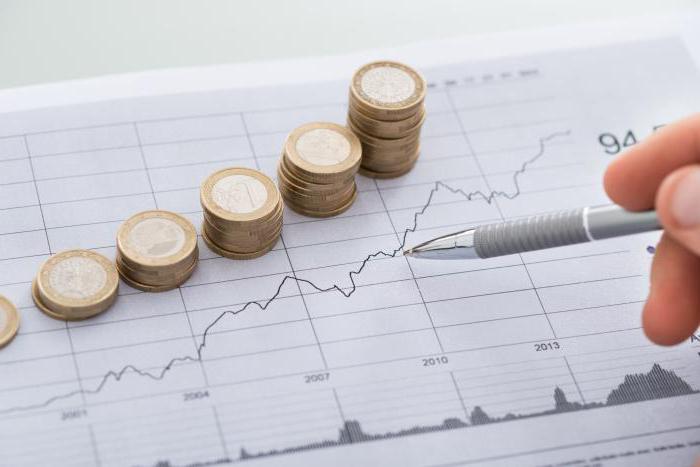
These are two main reasons.
Unsuccessful fight against inflation
One can distinguish a group of tried but ineffective measures against inflation. These include:
- “Freezing” prices - demand will increase, but production will decrease. Goods are in short supply. And if you oblige production to not reduce volumes, they will be forced to lower quality in order to make production profitable. The Soviet past keeps this attempt to rectify the economic situation, which was remembered by people as empty store shelves.
- Deflation, price reduction, carries no less threats than their rapid growth, but it does not lead to the development of the economy. Demand is declining. People and businesses buy less and earn less. Production volumes are decreasing, leading to unemployment.
Does inflation need to be fought?
Some economists believe that fighting inflation is pointless and harmful to the economy. Citing their arguments, they usually argue that inflation does not exist by itself, and monetization of GDP is not enough to revive the economy. Need "cheap" money. A reduction in the refinancing rate, i.e., a key rate, is required. Another step is to increase public debt under the budget deficit. The increase in production will overwhelm the additional emission, reducing the inflationary effect, which can give a surge in additional money. Proponents of this approach indicate that it is impossible to reduce inflation below five percent, while continuing to observe how the state is fighting inflation.
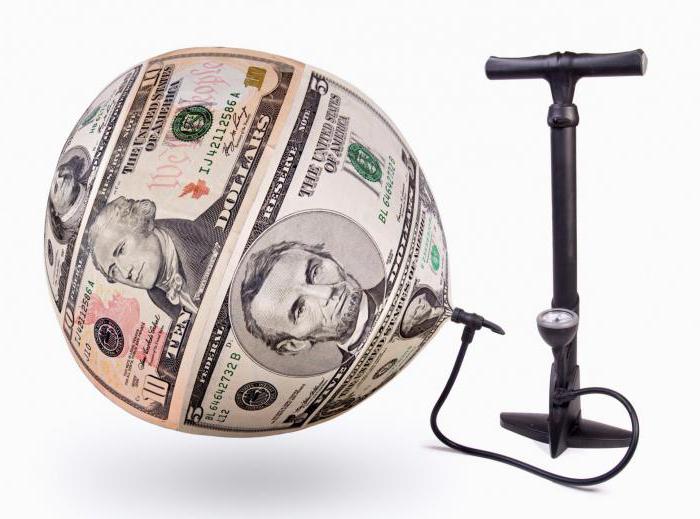
Tasks of the modern economy in Russia
Most economists believe that inflation should be fought. The modern economy is gradually being rebuilt, this process can go in two directions, based on the tasks:
- the tactical task is to adapt the economy to low oil prices;
- the strategic objective is to change the dependence of the economy on oil prices, to achieve a diversified economy that would not react painfully to changes in external conditions.
Along with this, today in Russia today they talk about the possible resumption of strategic centers, such as the State Planning Commission in Soviet times. However, economists are skeptical of such a proposal, arguing that such a path will not affect the economy favorably.Another thing is privatization and giving the market more freedom. It is necessary to restore the activity of small and medium-sized businesses, easing the pressure of inspections, taxes and regulations. Today it is difficult for business to grow, in particular because of high interest on loans.
How does Russia fight inflation?
The conditions for budget planning (business or family) depend on inflation. Only with low predictable inflation does the possibility of sustainable purchasing power of salaries and pensions remain.
When deciding how to deal with inflation, in 2017 the state set a goal to reduce it to four percent. Since the beginning of the year, inflation has slowed as much as the Central Bank did not expect. However, this was largely influenced by the policy of the Bank of Russia itself and the strengthening of the ruble.
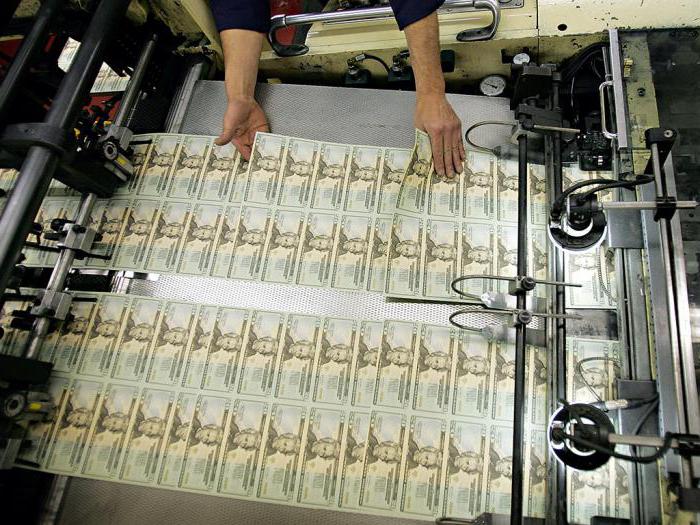
In December 2016, annual inflation fell to five and a half percent. Historically low for Russia. This was facilitated by factors that, with even greater results, could trigger a fall in inflation in 2017.
However, mass defaults may begin in Russia due to the fact that citizens and companies gained a lot of loans. How does the Central Bank fight inflation? The Bank of Russia is trying to control the situation by influencing its key rate on all key rates of the economy. And thus it affects inflation. Lower interest rates are possible with low inflation. And the lower its level, the easier and more accurate it can be controlled.
In this situation, more investment projects are being implemented. In general, investment growth is increasing.
Anti-inflationary policy results
The Central Bank says that reducing inflation to four percent is a realistic and achievable goal. The rates of prices that are certified weekly and every month show a predicted trajectory of movement. Accordingly, a reserve is created to reduce prices in the future.
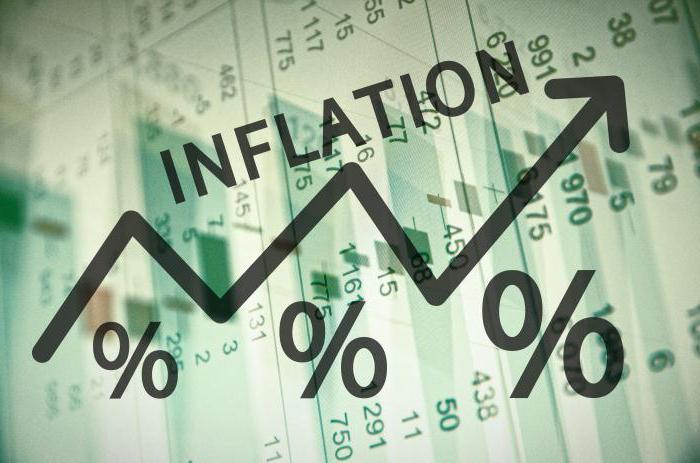
However, it’s too early to calm down, the Bank of Russia adds, the problem of how to deal with inflation has not been resolved. The decrease in inflation was due to the strengthening of the ruble, which affected the decline in prices. But this is not forever. Although the economy has entered a growth lane. The optimism of enterprises is strengthening, plans for investment activity are developing. This situation is also associated with rising oil prices.
In general, the policy of the Bank of Russia managed to reduce the tension factor, which is especially worrying for entrepreneurs. The macroeconomic situation of financial markets has stabilized, which leads to accelerated economic growth.
In spring, inflation was almost four and a half percent due to the influence of food price dynamics. Adjusted for seasonality, vegetables and fruits, sugar and vegetable oils became cheaper.
Component Inflation
A decrease in general inflation is reflected in component inflation. If there was a decrease in prices for food products, then the price of goods of the non-food group does not change. Despite the fact that the tariffs for rail transportation decreased, other services increased. Therefore, there is a deterrent effect of supply and a deterrent effect of demand.
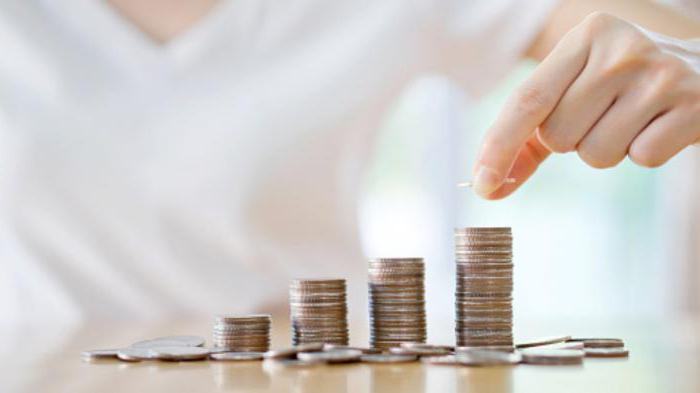
What could hinder the goals of the central bank?
Achievement of the target of four percent inflation may be hindered by a poor harvest, which will lead to higher prices in the food market. Inflation expectations of the population for future inflation also have an effect. Now they are increased, and this can also prevent price reductions.
How to deal with inflation, countries decide based on the characteristics of their economies. In Russia, inflation, for example, is associated with a change in the ruble exchange rate, inflationary expectations and a change in tariffs for those services that the government provides.
Over the past fifteen years, real incomes have been increasing in Russia. Salaries grew faster than inflation. This was facilitated by high energy prices. Today the situation has changed.
The results of how the Central Bank fights inflation are reduced to the restoration of economic activity, which began to acquire stability. In 2016industry showed good growth due to high external demand and ongoing import substitution. In 2017, no deterioration is foreseen. A useful investment contribution is expected. Growth in construction, but a drop in investment in machinery and equipment.
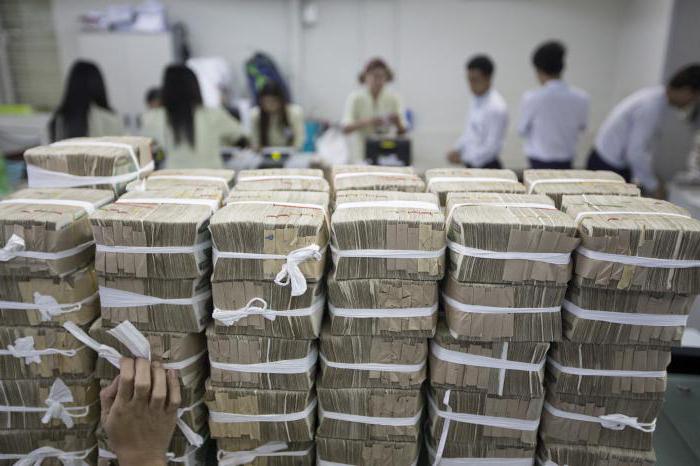
Despite the increase in salaries, the population saves more than it spends. Real disposable income remains negative, so demand is weak and retail turnover is falling.
GDP fell 0.2%, which is better than not only the expectations of the Bank of Russia, but also the market.
The Bank of Russia is optimistic and believes that it will succeed and inflation will fall to 4%. Inflation probabilities are already falling, moving to the next year. The central bank intends to follow a moderately tight credit policy and keep inflation low for a long time.
How to save money?
You can protect your funds from inflation, for example, transfer them to euros. Investing in a deposit, share, gold or real estate is also a good solution. If economic literacy or intuition allows you to anticipate a sharp increase in inflation, then it is better at this moment to spend free money on a large purchase of foreign production - a car, household or electronic equipment, real estate.